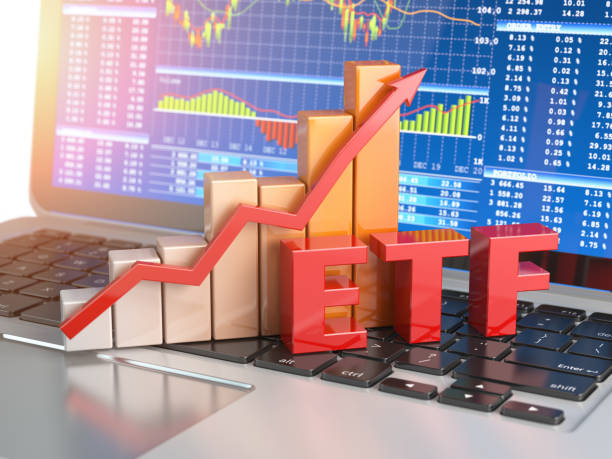Exchange-Traded Funds (ETFs)
What are ETFs?
● Exchange-Traded Funds (ETFs) are investment funds that trade on stock exchanges, similar to individual stocks. ETFs aim to track the performance of a specific index, sector, or asset class.

Benefits of Investing in ETFs:
● ETFs offer several advantages. They provide diversification by holding a basket of securities, which can help reduce risk. ETFs are traded on stock exchanges, providing liquidity and flexibility for investors. They also typically have lower expense ratios compared to actively managed mutual funds.
How ETFs Work:
● ETFs are designed to track the performance of an underlying index or asset class. When you invest in an ETF, you are essentially buying shares that represent a proportional ownership in the underlying securities. The price of an ETF share is determined by the market and can fluctuate throughout the trading day.
Types of ETFs:
● There are various types of ETFs available to investors. Some common types include equity ETFs, bond ETFs, sector ETFs, international ETFs, and commodity ETFs. Each type provides exposure to a specific segment of the market or asset class.
Investing in ETFs:
Investing in ETFs can be done through brokerage accounts. Investors can buy and sell ETF shares on stock exchanges during trading hours. It's important to research and select ETFs that align with your investment goals, risk tolerance, and desired exposure.
Key Considerations Before Investing in ETFs:
Before investing in ETFs, consider factors such as your investment goals, risk tolerance, and time horizon. Review the ETF's prospectus to understand its investment strategy, underlying holdings, and fees. ETFs can have different expense ratios and tracking errors, so it's essential to compare these factors when selecting an ETF.
Risks Associated with ETFs:
While ETFs offer diversification, they still come with risks. Market risk is a primary concern, as the performance of an ETF is influenced by the performance of the underlying securities or index. Additionally, there can be tracking error, which is the difference between the ETF's performance and the performance of the underlying index. It's important to understand the risks and carefully evaluate ETFs before investing.
Fees and Expenses:
ETFs charge fees, including management fees and operational expenses. These fees are typically reflected in the expense ratio, which represents the annual cost of owning the ETF. It's important to consider the expense ratio when comparing ETFs, as it can impact investment returns.
